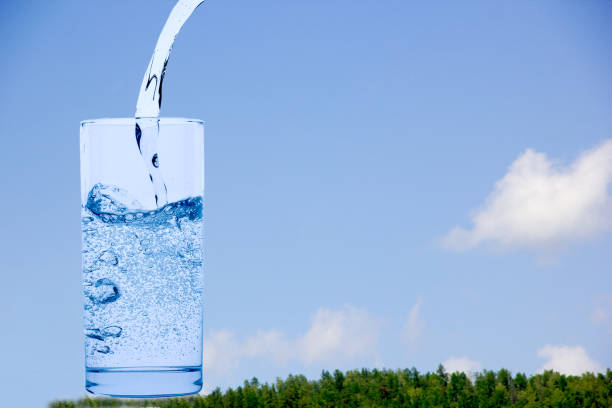 How to choose a filtered water purifier: help you buy the best water purifier! Keep your water as pure as it can be!
How to choose a filtered water purifier: help you buy the best water purifier! Keep your water as pure as it can be!
Sep .12.2024
In the face of today's water quality problems are becoming more and more serious, a high-performance water purifier has become a modern family almost a must-have thing. But in the variety of the market, how to buy a water purifier that really suits you? The purpose of this article is to reveal for you to buy a water purifier of the whole picture, to help you pick the desired product, so that your water back to pure.
Second, the face of water purification:
Understanding the types of water purifiersThere are many types of water purifiers, each of which has its own unique application scenarios and characteristics.1. Ultra-filtration water purifiers: suitable for relatively good water quality in the region, the main filtration of impurities and odors.2. Reverse osmosis water purifiers: known as water purification sector “all-rounders” to remove heavy metals, bacteria, viruses, etc., to provide more pure drinking water.3. Nanofiltration water purifiers: called water purification sector “all-rounders” to remove heavy metals, bacteria, viruses, etc., to provide a more pure drinking water. Nanofiltration water purifier: between ultrafiltration and reverse osmosis, able to filter out most of the harmful substances. 4. activated carbon water purifier: mainly relying on activated carbon adsorption of odor, pigmentation, etc..
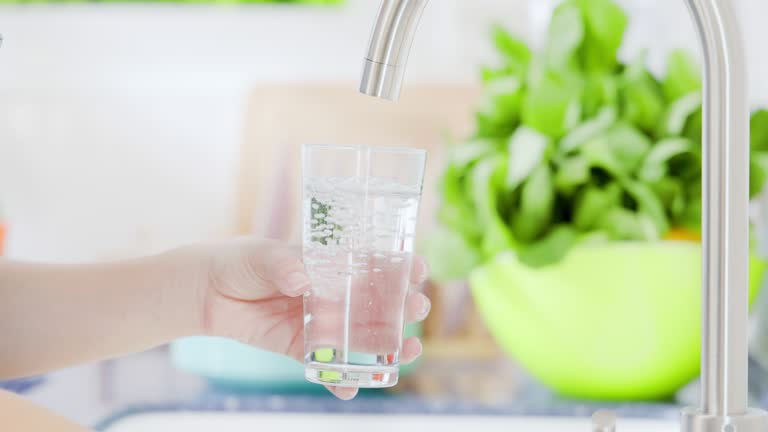 How much do you know about ultrafiltration technology and ultrafiltration membranes?? Ultrafiltration Knowledge Points Collection, you deserve it!
How much do you know about ultrafiltration technology and ultrafiltration membranes?? Ultrafiltration Knowledge Points Collection, you deserve it!
Aug .23.2024
How much do you know about ultrafiltration technology and ultrafiltration membranes? Ultrafiltration membrane technology is an important technology for water treatment in environmental protection projects. It has extremely broad application prospects in urban sewage treatment, various industrial wastewater treatment, and recovery of useful substances. At present, one of the research directions of ultrafiltration membrane technology is to invent more efficient ultrafiltration devices, and the other is to combine it with other water treatment technologies based on the characteristics of the incoming water quality to improve the quality of the effluent.
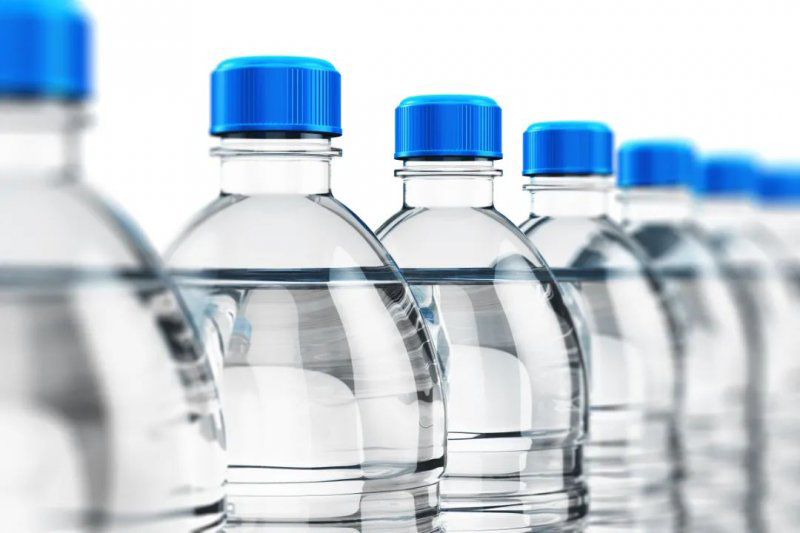

 How to choose a filtered water purifier: help you buy the best water purifier! Keep your water as pure as it can be!
How to choose a filtered water purifier: help you buy the best water purifier! Keep your water as pure as it can be!
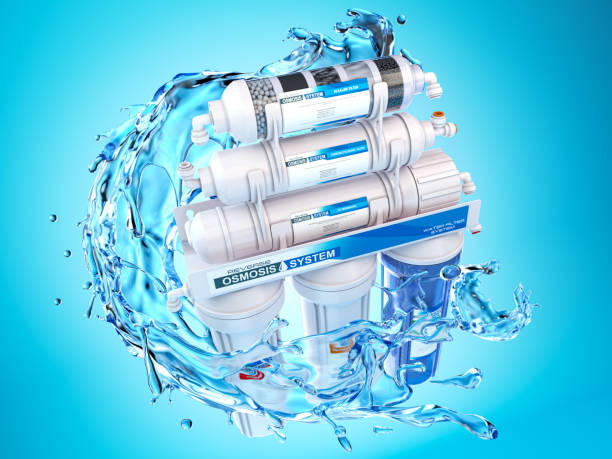 Analysis and solutions to the causes of reverse osmosis membrane fouling
Analysis and solutions to the causes of reverse osmosis membrane fouling
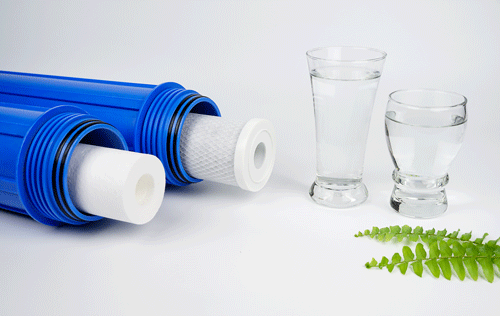 Do you know how to extend the life of your reverse osmosis membrane?
Do you know how to extend the life of your reverse osmosis membrane?
 How much do you know about ultrafiltration technology and ultrafiltration membranes?? Ultrafiltration Knowledge Points Collection, you deserve it!
How much do you know about ultrafiltration technology and ultrafiltration membranes?? Ultrafiltration Knowledge Points Collection, you deserve it!